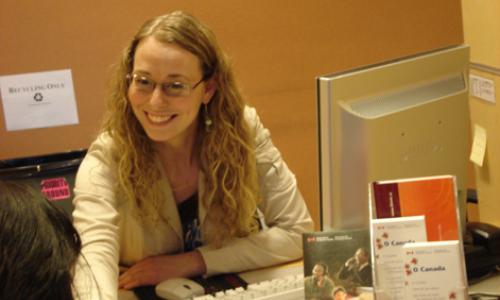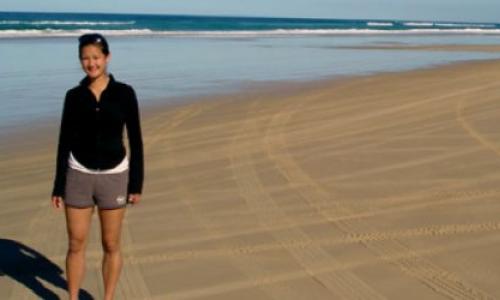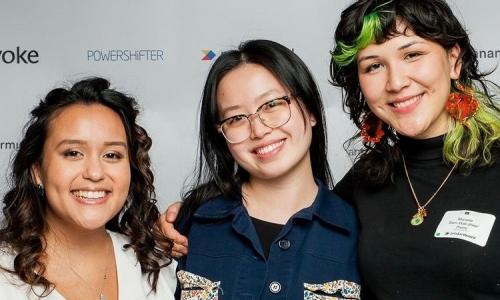
As we move into Fall, assignments start piling up and deadlines move ever closer!
You’re pumped! You’re so ready for this! You’ve been using the Assignment Calculator to figure out how much time you need to finish your paper. You’ve just completed your first draft, and now the calculator tells you that you should spend 25% of your time on “revising your draft”. Wait a sec! Grammar and typo checks shouldn’t take days to complete!
Or should it?
What Revising Means
Students often think that “revising” their paper means doing a grammar or spelling check, and after that, they’re good to go. Although revising, editing and proofreading are often used interchangeably to mean “perfecting” your paper so that it arrives at its most presentable form, these three terms couldn’t be more different!
Revising is the first step of your “polishing” process, and it is not at all about grammar and typo checks! Revising refers to the big picture fixes of your paper and making sure that your writing meets the assignment requirements. For this, you will have to examine the controlling ideas of your paper, revise the thesis statement, identify where you might need more information, and adjust the focus of your paper.
The First Step
Before you start revising, we strongly recommend that you re-read your assignment guidelines. Read them out loud if you can! Highlight the keywords, and especially pay attention to the nouns and verbs of what you’re being asked to do. A persuasive essay requires a different structure and style compared to a literary analysis. If you’re being asked to evaluate a theory, it’s very different from summarizing it. Re-reading your guidelines will help you check if you have met all of your assignment requirements! If you have any questions about the guidelines, please check with your professor or your TA during their office hours. They’re happy to answer any questions you may have about your paper!
The Reason for Rewriting
After making sure that your assignment meets the requirements, it’s time to get down to the next step: rewriting. Why rewrite, you ask? Doesn’t that sound a bit redundant when you have a draft that you can just fix?
It really depends on your writing process and your style, but usually, during the rewriting process, you will discover better ways of expressing your ideas and improve the cohesion of your writing. If the first draft is to just throw all of your ideas together, the second draft is to make it look as if you knew what you were doing all along. You may have to rewrite your paper several times before you’re happy with the quality of it.
Reverse Outline
Some writers are plotters and swear by the outlines. They plan every single detail ahead and then they stick to their plans. Other writers are pantsers and fly by the seat of their pants. They explore new ideas and see what happens as they write.
Regardless of which type of writer you are, academic writing is different from personal writing as it is much more structured. It is a good idea to have some form of an outline to see how well you have organized your information. If you already work with an outline beforehand, that’s fantastic! If you are the kind of writer who freestyles, it might be beneficial to reverse engineer an outline after you’re finished with your first draft to see if you can clearly summarize your ideas. If you find that you are having trouble condensing the controlling idea in your paragraph, chances are, you may have to rework it so that it’s clearer to your readers, too.
Having an outline can also help you see where you might need more research. If you have a paragraph that is supported only by one source, you may have to do a bit more research and see if you can find anything else to expand on your argument. On the other hand, if you have a paragraph where you find yourself cramming in ten sources, you may want to scale back and pick the ones that best support your ideas.
This blog post was originally published on the SFU Learning Commons blog on October 1, 2021.














